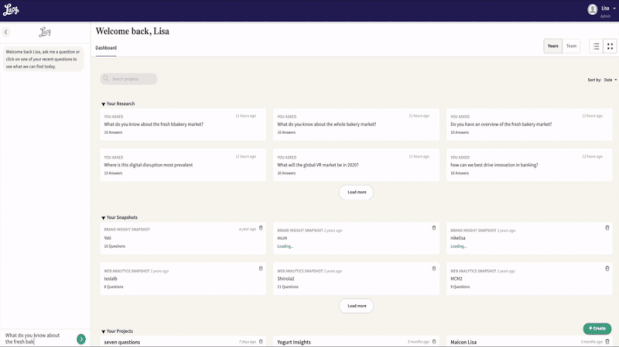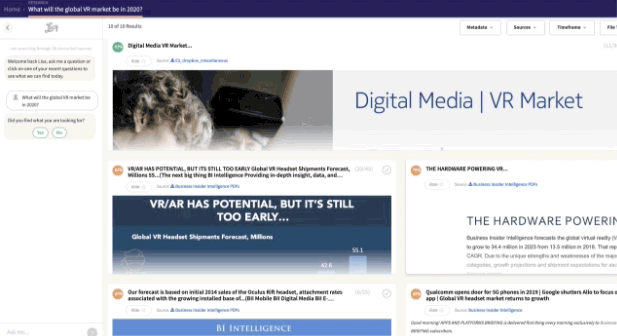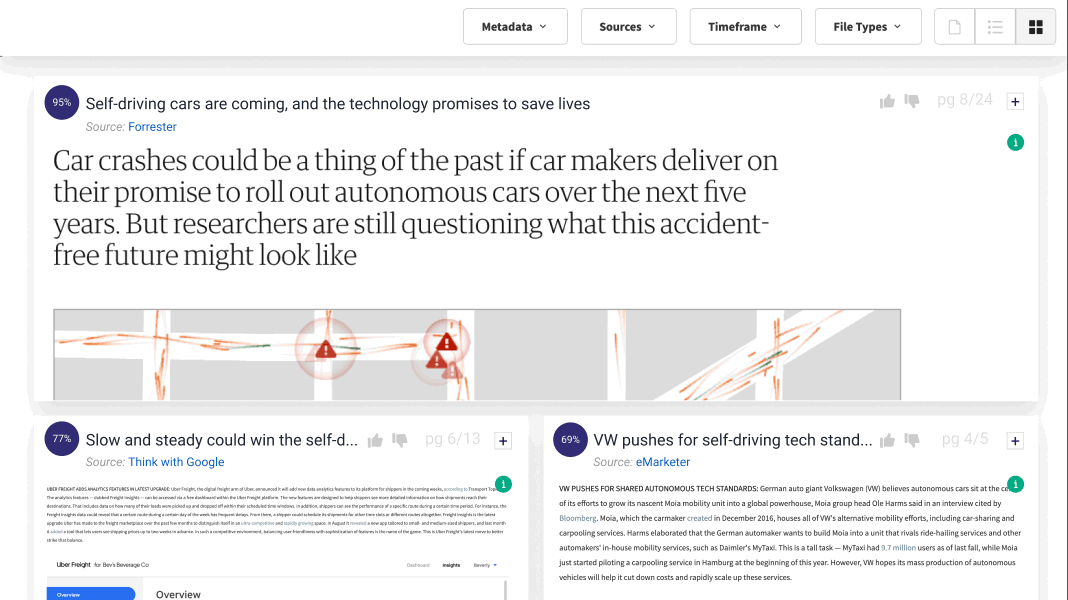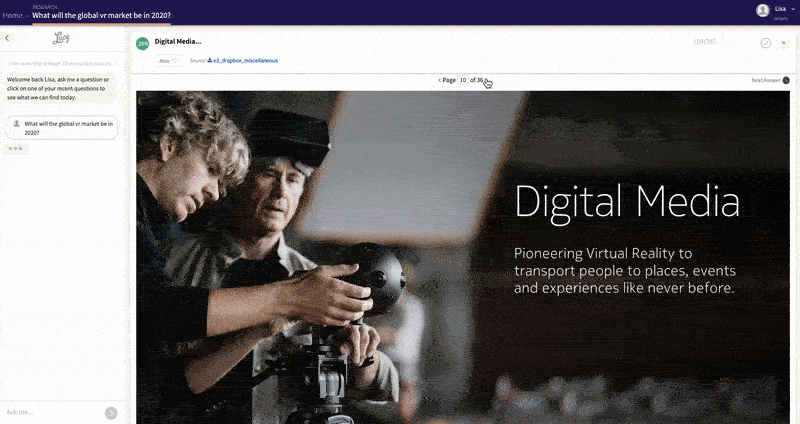As the race to own the next wave of AI gathers steam in Silicon Valley, so too have calls for more regulation around how this technology is used.
Tech leaders, including Elon Musk and Apple co-founder Steve Wozniak, signed an open letter in March calling for a six-month “pause” on advanced AI development. Then, in May, OpenAI CEO Sam Altman testified before a Senate Judiciary subcommittee about the potential dangers of AI and the need for more government intervention.
Altman, along with IBM’s Christina Montgomery, made suggestions for how Congress should take action, with Altman proposing “licensing and testing requirements” and Montgomery suggesting “precision regulation” of specific use cases.
Microsoft President Brad Smith also threw the company’s support behind the creation of a new government agency and licensing system for pre-trained AI models at an event in Washington, DC, last week that laid out Microsoft’s blueprint for AI in a white paper.
As two prominent names in generative AI, OpenAI and IBM were the first to give testimony in what senators said will be a series of hearings. But the broader AI industry remains split on whether regulators should follow one of the courses proposed in the hearing—or whether they should even have a role at all. Some tech leaders backed Altman’s dire warnings and hoped regulation would boost business, while others opposed intervention and worried about its effects on innovation—and competition.
The path to regulating AI is a challenging one in part because legislators themselves have a lot to learn about this type of technology, according to Aram Gavoor, an associate dean at George Washington Law School who focuses on AI policy. But while lawmakers and their staffs will be beefing up on knowledge of AI in the coming months, Gavoor noted that the May hearing was “unusually bipartisan and collaborative.”
Senators on both sides of the aisle generally agreed on the need for regulation, as did all of the witnesses, Gavoor pointed out. “You just don’t often see that in Washington,” he added.
But that consensus doesn’t necessarily extend to the rest of the AI industry.










